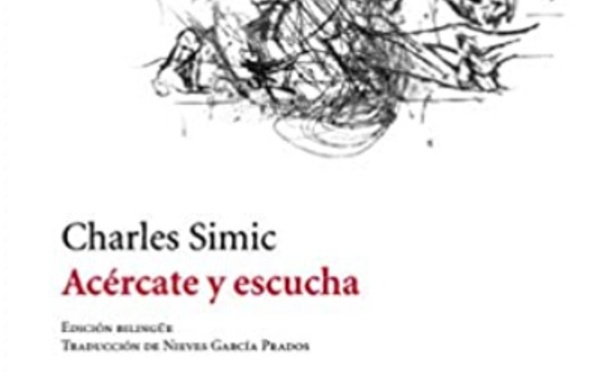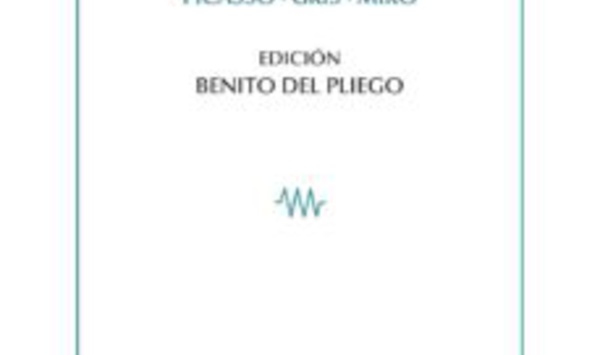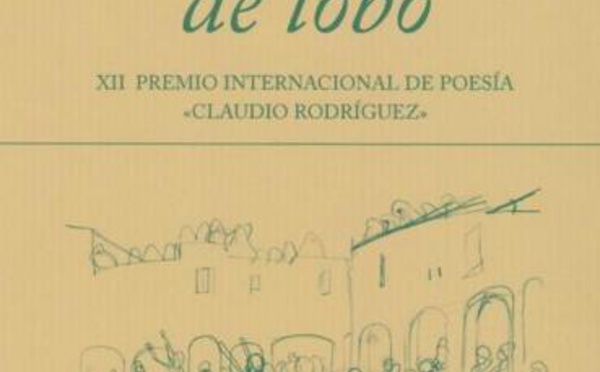Ghent University scientists report the unique discovery of the marine dinoflagellate Dapsilidinium pastielsii from Southeast Asia, notably the Indo-Pacific Warm Pool (IPWP). This unicellular species, with planktonic and benthic stages, was previously thought to have become extinct within the early Pleistocene. It evolved more than 50 million years ago and is the last survivor of a major early Cenozoic lineage. The discovery of living D. pastielsii in the IPWP suggests that this stable environment served as an important refuge for thermophilic dinoflagellates, and its disappearance from the Atlantic following the early Pleistocene implicates cooling. This study highlights the importance of refugia in plankton biogeography and broadens their relevance as hotspots of biodiversity. It explains how biostratigraphic ranges in the Pacific can significantly extend those established for the Atlantic. Our discovery of D. pastielsii as a “living fossil” in the IPWP highlights the potential for refugia to harbor species likely to expand their distributional range in a warming world.
Fuente : http://www.alphagalileo.org/ViewItem.aspx?ItemId=1...
Fuente : http://www.alphagalileo.org/ViewItem.aspx?ItemId=1...



 Tendencias Científicas
Tendencias Científicas
 La prevención del VIH no llega a las jóvenes sudafricanas
La prevención del VIH no llega a las jóvenes sudafricanas






















 CIENCIA ON LINE
CIENCIA ON LINE